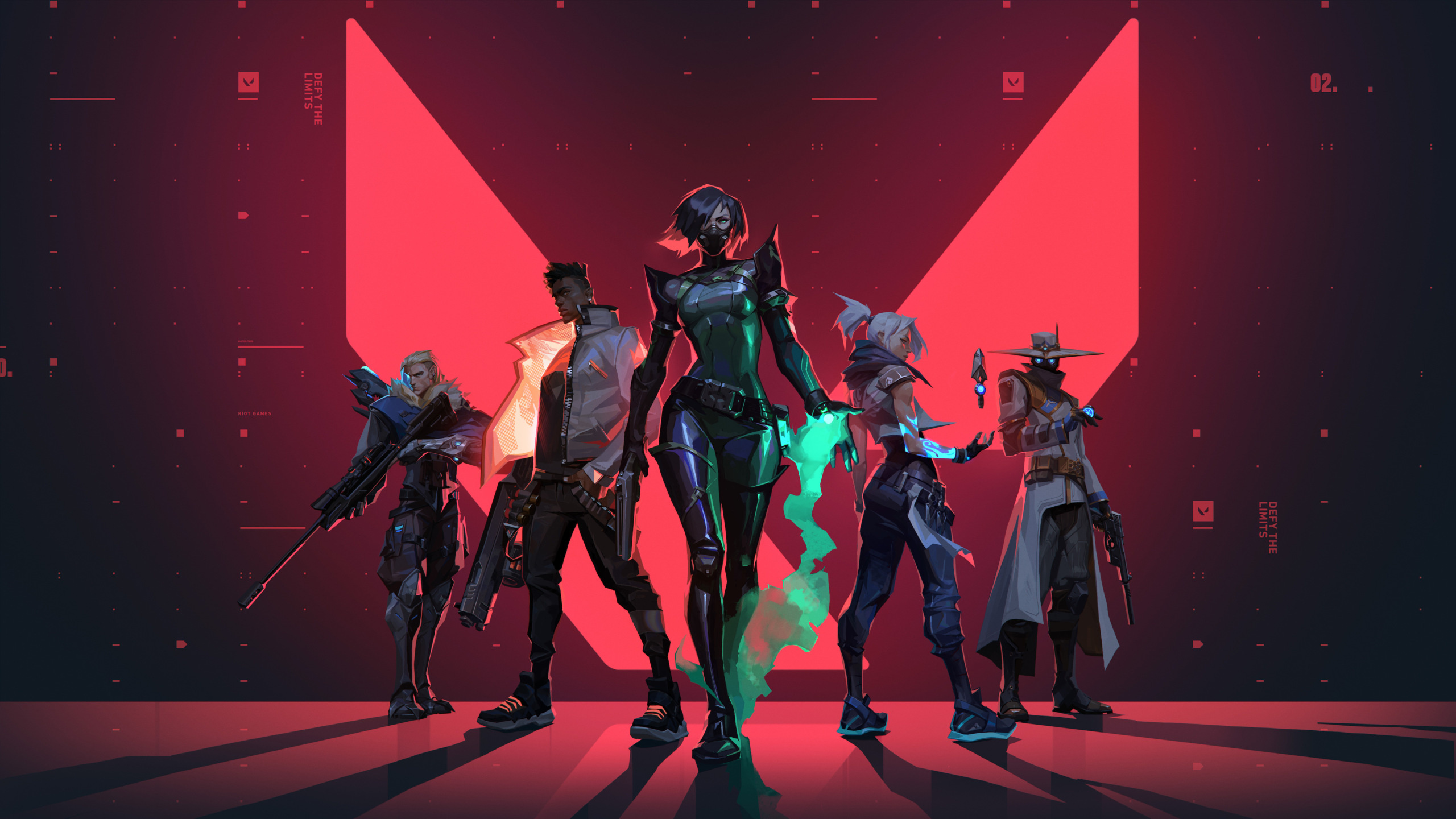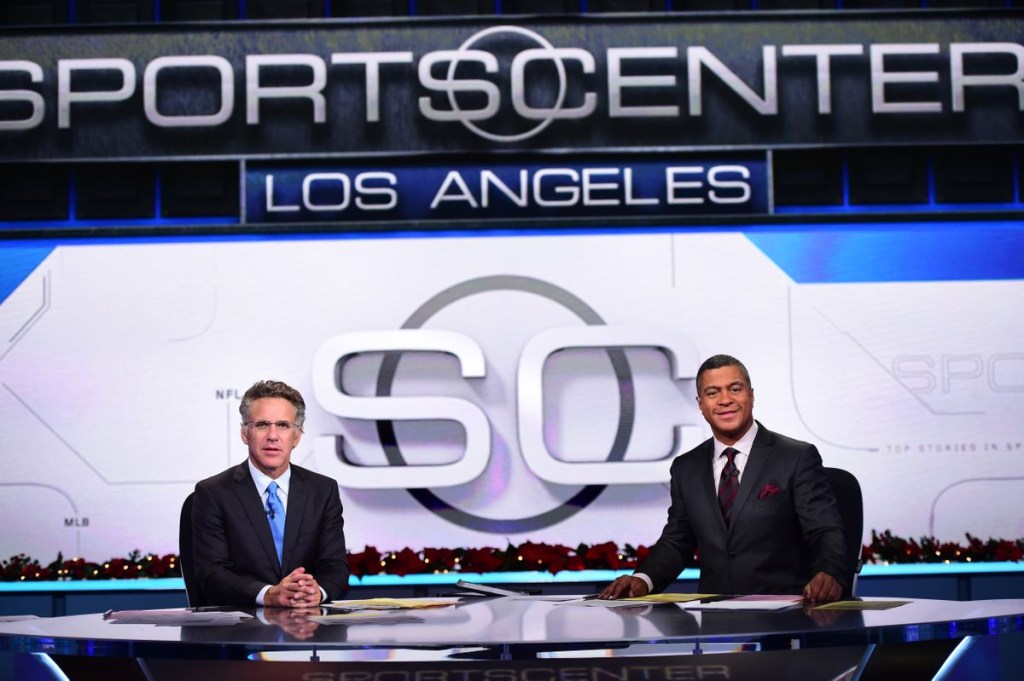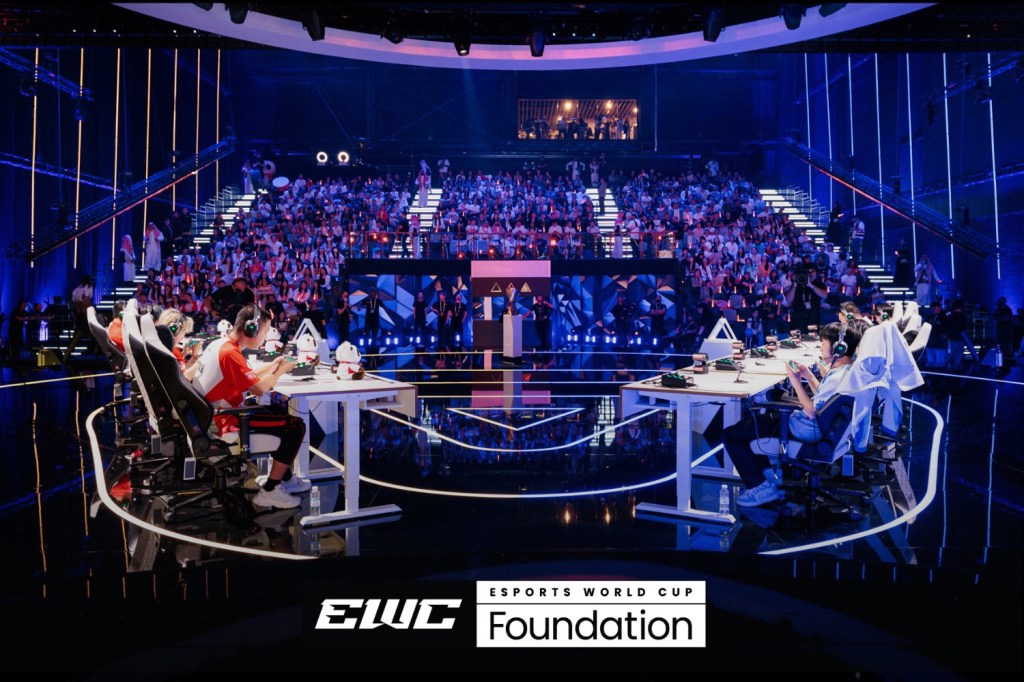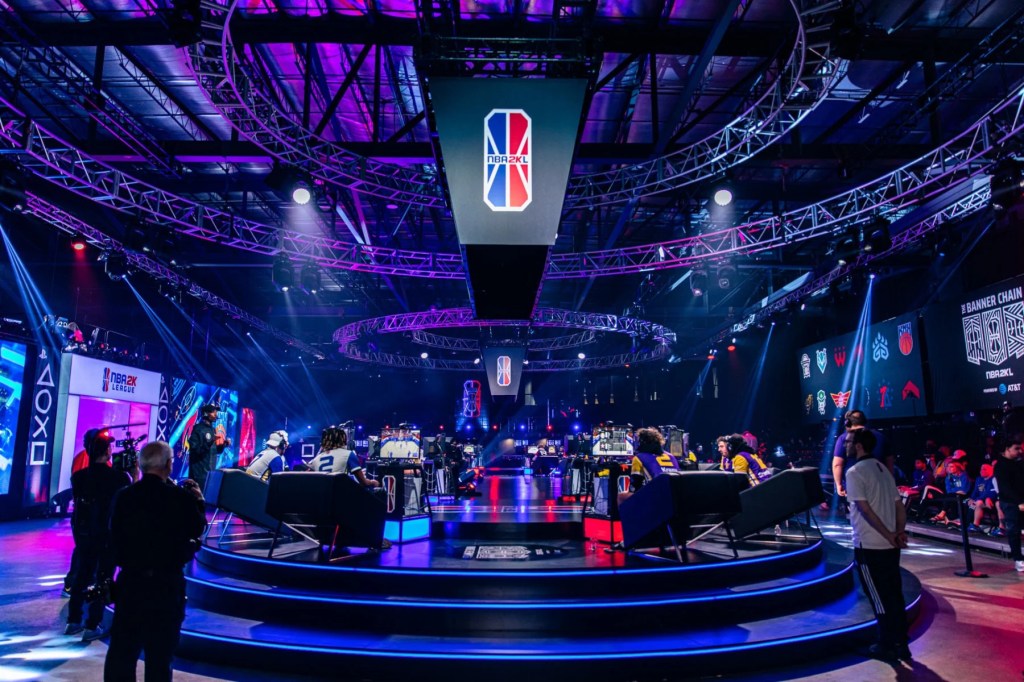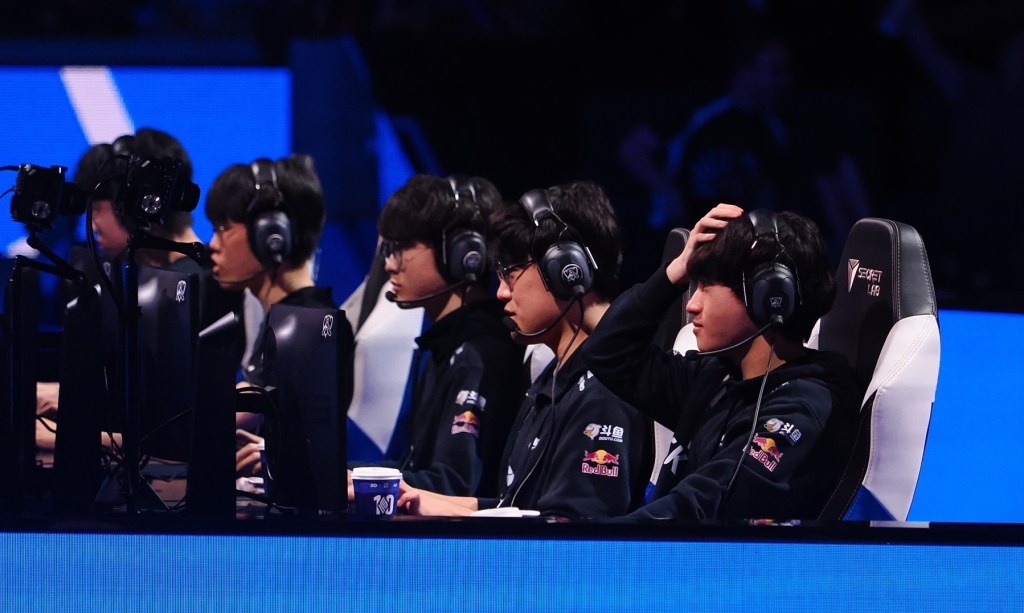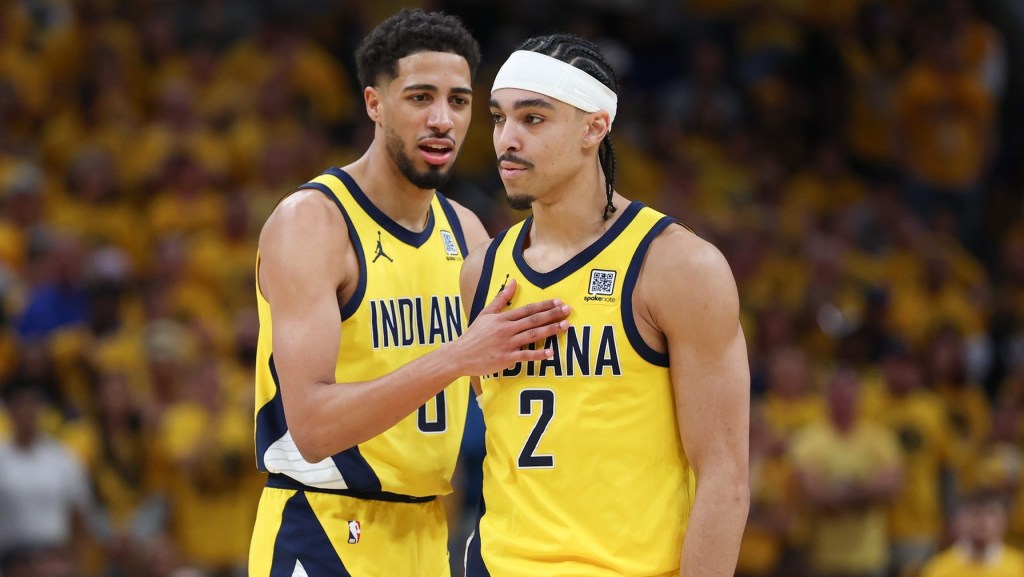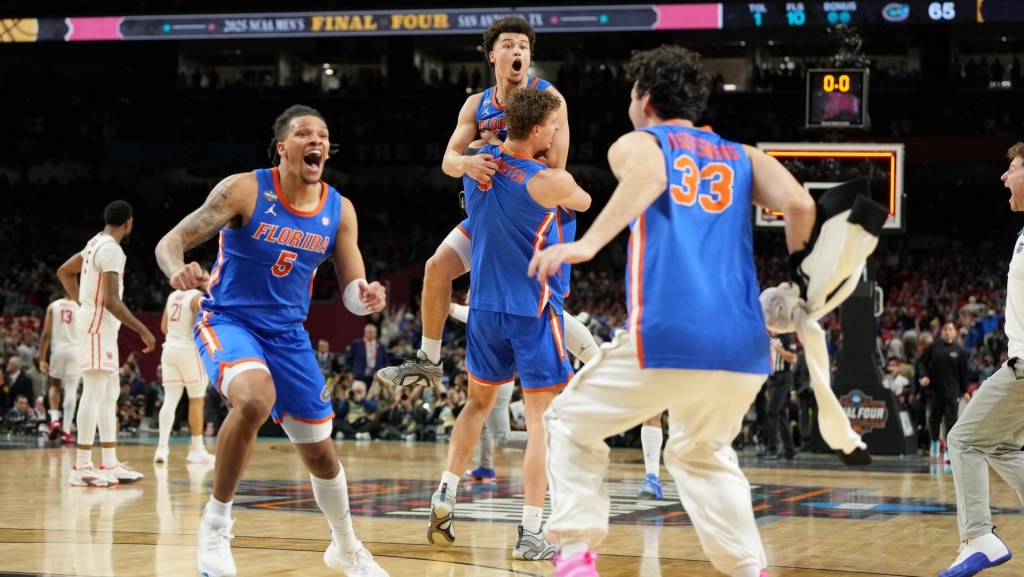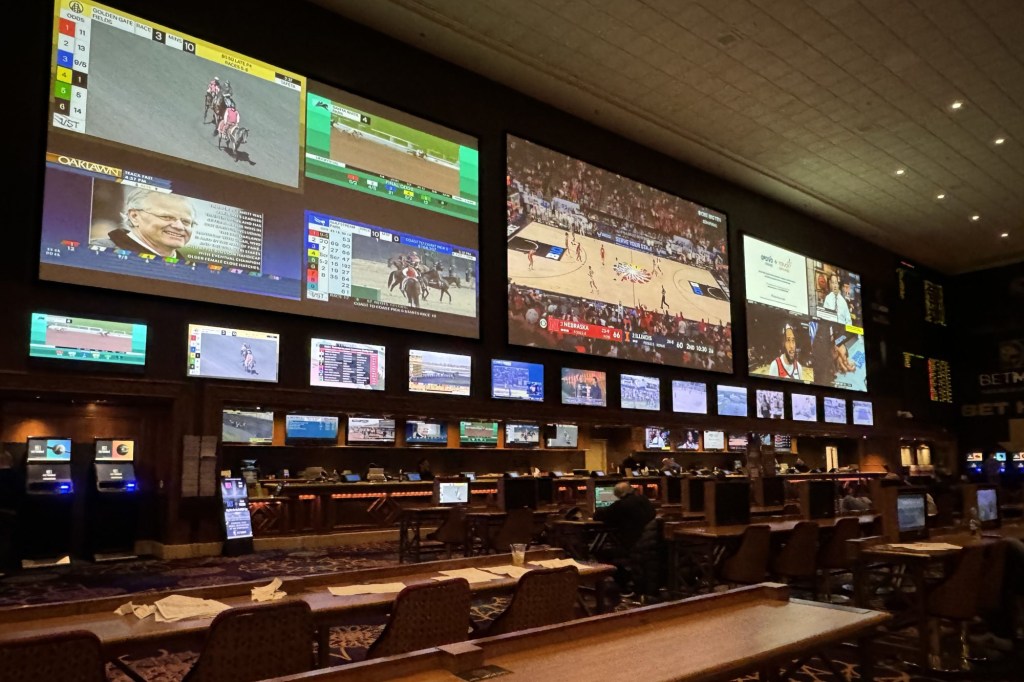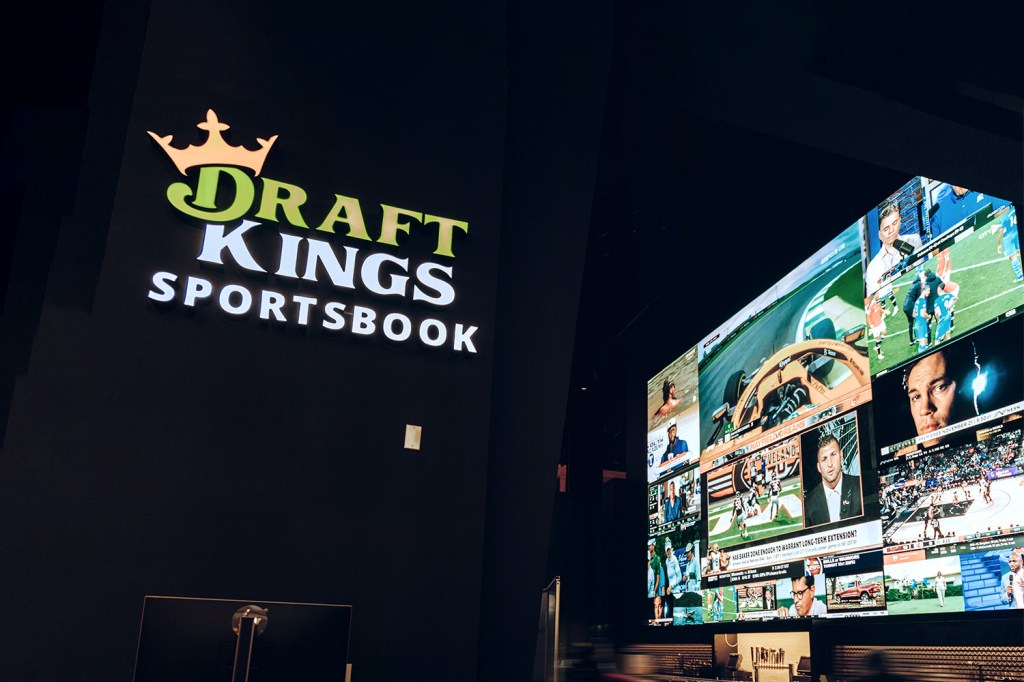Over the last decade, Riot Games has positioned itself as one of the leaders in the esports industry thanks to one game: League of Legends.
Now, the Los Angeles-based game developer is hoping to find similar success with Valorant, its tactical first-person shooter released to the public on June 2.
Riot Games is exploring all options when it comes to formalized Valorant esports down the road – from franchise play reminiscent of its flagship title to a similar tournament structure adopted by Epic Games for Fortnite.
But the company says it is content with licensing to third-party tournament organizers to grow the game’s appeal for the time being, as seen with the recent launch of the global Valorant Ignition Series.
One thing that is for sure is the demand esports fans have shown for the new FPS title. On the first day of the game being launched in closed beta in April, 1.7 million viewers tuned in at one time on Twitch – second only to the 2019 League of Legends World Championship in terms of peak concurrent viewers on the streaming platform. Thirty-four million hours were watched by viewers on that first day, also a Twitch record. Overall, nearly 3 million players on average logged on to play each day before the closed beta ended on May 28.
“Anytime you come out with a new game, you have no idea how fans will react,” said Kasra Jafroodi, Riot Games Valorant esports strategy lead. “We were pleasantly surprised. No one went in saying we would break every Twitch record.”
No one at Riot Games expected Valorant to perform the way it did. The overwhelming reception was also arguably fueled by more gamers staying at home during the coronavirus pandemic.
According to Deloitte’s 14th annual Digital Media Trends Survey, 48% of respondents participated in some sort of video gaming activity during the global health crisis. About one-third of consumers also admitted to binge gaming weekly for an average of more than three hours per session before the pandemic.
READ MORE: Esports Leagues See Increased Interest From Partners During Pandemic
For Valorant esports to be successful, the FPS game needs to build out its own community of fans similar to how League of Legends began. But that’s where the comparisons between Riot’s popular games end, Jafroodi said.
League of Legends and Valorant launched in totally different eras, he said. When League of Legends esports launched a decade ago, the esports industry and Twitch were growing alongside it.
“We want to make sure that when Valorant takes a step towards something more formalized, It is set up for success and has the base and foundation to support it,” he said. “But that doesn’t mean that what we did for League of Legends is also best for Valorant.”
Riot’s early approach to growing Valorant esports is focused on accessibility. That strategy has led to the publisher allowing multiple third parties to organize tournaments in recent months around the title. The new Valorant Ignition Series is now the first competition that has Riot’s full marketing muscle behind it.
Throughout the summer, Riot will partner with 20 esports organizations to operate tournaments across Asia, North America, and other regions around the world. Tournaments kicked off in Europe and Japan earlier this month, with competitions in North America and Africa also taking place over the weekend.
“We view Valorant as a game that could be like League of Legends down the road,” said Joe Marsh, CEO of T1 Entertainment and Sports. “I’m not saying it will surpass it, but Riot knows how to build a global esports ecosystem.”
T1’s League of Legends team is already recognized as one of the most successful esports franchises in the world. But the company also became among the first esports organization to fill out its Valorant roster with players from other esports titles.
T1 has operated multiple Valorant invitationals already this year in partnership with Nerd Street Gamers. But the T1 x Nerd Street Gamers Showdown in North America on June 26 was pegged as the most competitive yet with the highest prize pool of $50,000.
The tournament featured both pro and amateur gamers exclusively instead of relying on influencers and celebrities. In addition to T1, esports organizations like Gen.G, Immortals, and a squad led by Fortnite gamer and former Mixer streamer Tyler “Ninja” Blevins also participated.
“Riot surprised us in a good way. They opened up the ecosystem for Valorant like Counter-Strike,” John Fazio, founder and CEO of Nerd Street Gamers, said. “They’re letting the amateur third-party events go wild, whereas other publishers have been more strict in the past and didn’t see the same type of growth.”
READ MORE: Overwatch Bets on New Format to Navigate Challenging 2020 Season
Nerd Street Gamers, a national network of esports facilities, produces tournaments for both amateur and pro esports gamers. The company also recently ran the Madden 20 ESPN Celebrity Tournament, which was televised in April.
Fazio predicts that as live esports competitions resume in person – and for Valorant the very first time – events may skew smaller at first with publishers focused more on the online broadcast for fans. Even as the industry continues to fill out arenas, the biggest revenue generators for esports remain sponsorships and media rights.
“The live events will come back, but I think that the path to getting back to normal involves smaller intimate events, and that caters to our business,” Fazio said. “Overwatch was probably not going to run an event at our 1,000 spectator capacity Los Angeles facility. But this year, it’s actually really appealing.”
